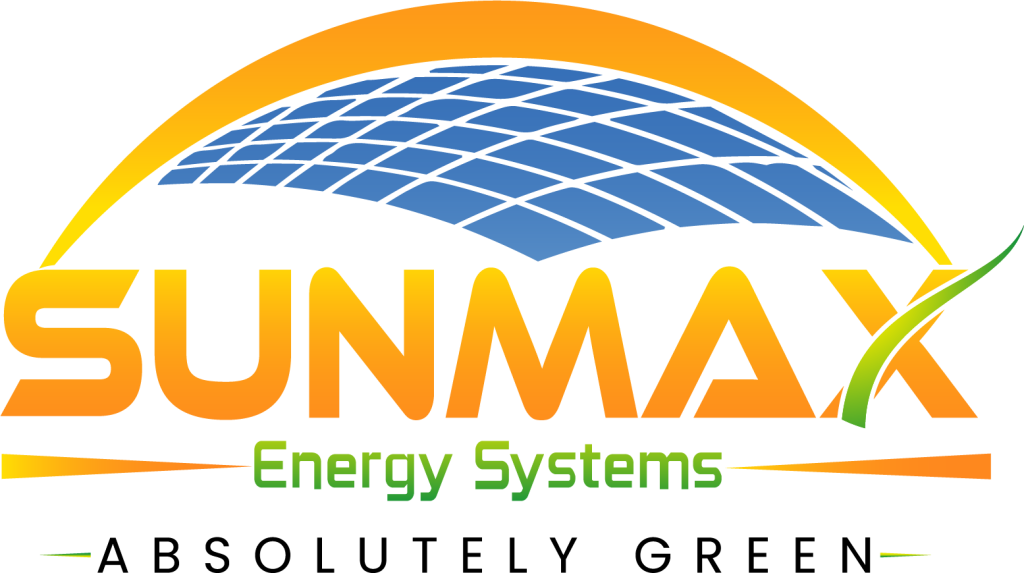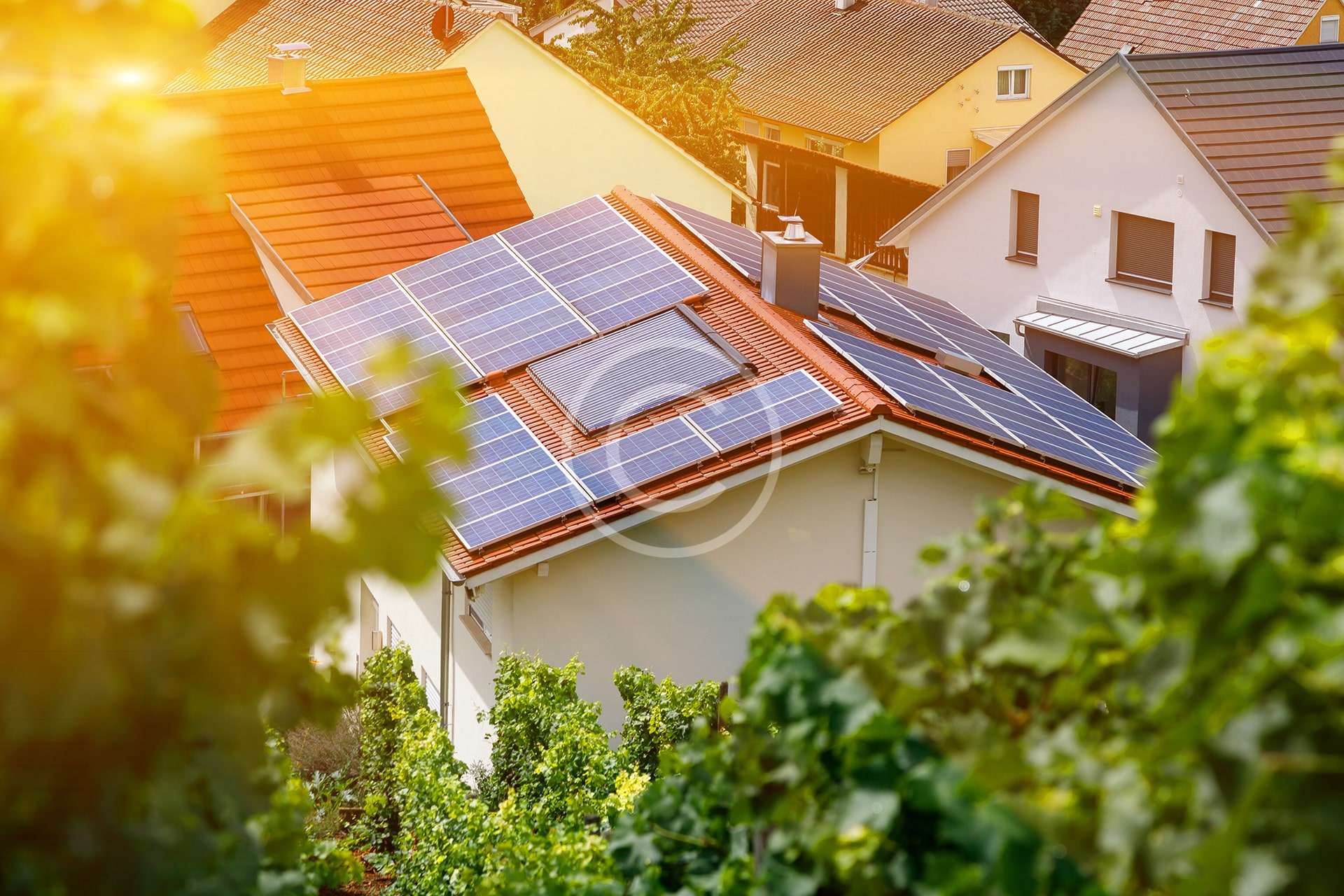An on-grid solar system, also known as a grid-tied or grid-connected solar system, is a solar energy solution that is connected to the traditional power grid. Unlike an off-grid system, which operates independently, an on-grid system allows you to both consume solar-generated electricity and draw power from the grid when needed. Here are some key features of on-grid solar systems:
- Solar Panels: The primary component of an on-grid system is the solar panels that convert sunlight into electricity. These panels are typically installed on rooftops or open areas to maximize solar exposure.
- Inverter: An inverter is an essential component of on-grid solar systems. It converts the direct current (DC) electricity generated by the solar panels into alternating current (AC) electricity, which is compatible with the electrical appliances and devices in your home or business.
- Grid Connection: An on-grid solar system is connected to the local power grid through a bi-directional meter. When your solar panels produce excess electricity, it flows back into the grid, and you receive credits or compensation for the surplus energy generated.
- Net Metering: Net metering is a billing arrangement that allows you to offset your electricity consumption by the excess solar energy you contribute to the grid. During periods of low energy production, such as at night or during cloudy days, you can draw power from the grid as usual and utilize the credits earned during times of surplus production.
- Efficiency and Cost Savings: On-grid solar systems enable you to significantly reduce your electricity bills. By utilizing solar energy and leveraging net metering, you can offset a portion or even the entirety of your electricity consumption, depending on the size of your solar system and your energy usage.
- Environmental Benefits: Embracing on-grid solar systems promotes the use of clean and renewable energy, reducing greenhouse gas emissions and reliance on fossil fuels. By generating your electricity from the sun, you contribute to a greener and more sustainable future.
It is important to note that on-grid solar systems rely on the availability of the power grid. In the event of a power outage, these systems are designed to shut down for safety reasons, as they do not provide backup power. However, with proper system design and sizing, an on-grid solar system can offer significant financial and environmental benefits, making it an attractive option for residential and commercial properties alike. Consulting with a professional solar installer is recommended to assess your energy needs, determine the system size, and ensure compliance with local regulations and grid connection requirements.


